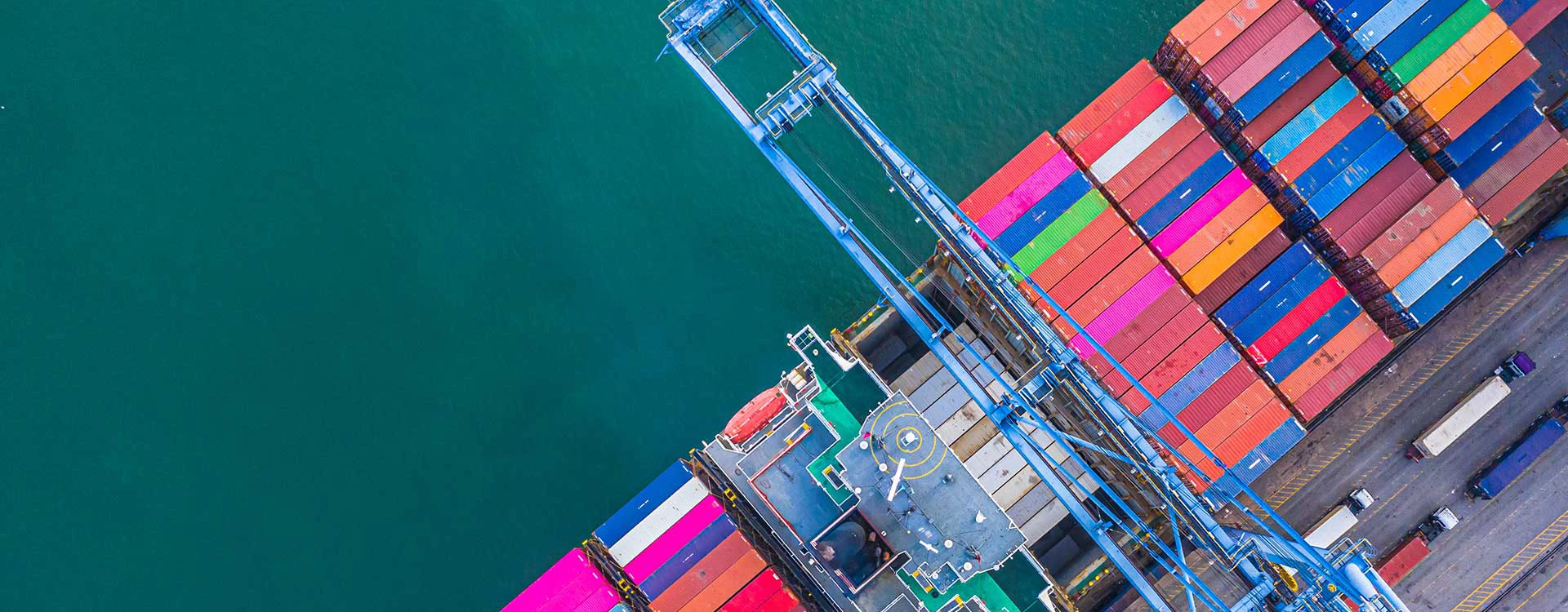As global trade has grown in recent decades, so too has trade-related crime. Trade-based money laundering (TBML) is an increasingly significant way in which global trade is misused to launder illicit proceeds.
Enroll in the free TBML e-learning course, tailored to front-line staff of financial institutions, to discover how to identify and address TBML. Explore the materials below to learn more about this complex topic.
The Financial Action Task Force, the global money laundering and terrorist finance watchdog, defines TBML as “the process of disguising the proceeds of crime and moving value using cross-border trade transactions in an attempt to legitimize their illicit origins.”
TBML typically occurs through the mis-invoicing of international trade transactions, or trade mis-invoicing. By fraudulently misreporting the price, quantity, or quality of goods, criminals can quickly move substantial amounts of money or value from one jurisdiction to another. As controls for traditional methods of money laundering have become more effective, criminals have employed more complex, sophisticated schemes that misuse the international trade system.
The extent of TBML is a serious concern. The think tank Global Financial Integrity estimated the gap between developing and advanced economies’ export and import declarations at $8.7 trillion for 2008-2017. This “global value gap” indicates the approximate extent of TBML in the global economy.
Why Does Countering TBML Matter for IFC?
The global value gap understates TBML’s economic impact, particularly on countries that lose tax and customs revenues to trade mis-invoicing. Moreover, without an understanding of TBML risks and mitigants, financial institutions cannot develop effective control frameworks. This can lead to regulatory enforcements and de-risking by correspondent bank partners. De-risking increases transaction costs, reduces access to foreign exchange services, and limits financial flows from trade and remittances.
TBML is more than a crime. It undermines private sector opportunities and public sector domestic revenue mobilization. By enabling financial institutions to better manage TBML risks, IFC helps countries secure the capital flows and resilient financial system necessary to end extreme poverty and boost shared prosperity.
"Countering TBML not only boosts a bank’s compliance, but also positions it to establish, preserve, and grow its cross-border relationships, better serve its customers, and expand opportunities for international investment."
- Ceri Wyn Lawley, Chief Compliance Officer, IFC
How Does TBML Affect Financial Institutions?
Financial institutions engaged in trade finance must be vigilant and implement TBML-specific control frameworks to protect their business from illicit activities. Without effective controls, institutions risk facilitating money laundering, which can result in regulatory penalties, reputational damage, and the loss of correspondent bank relationships. From 2019 to 2020, the number and dollar value of AML & know your customer (KYC) fines nearly doubled, from $5.7B to $10.4B, and these two years make up more than half of the $24.8B in AML & KYC fines levied from 2009 – 2020 (Fenergo).

